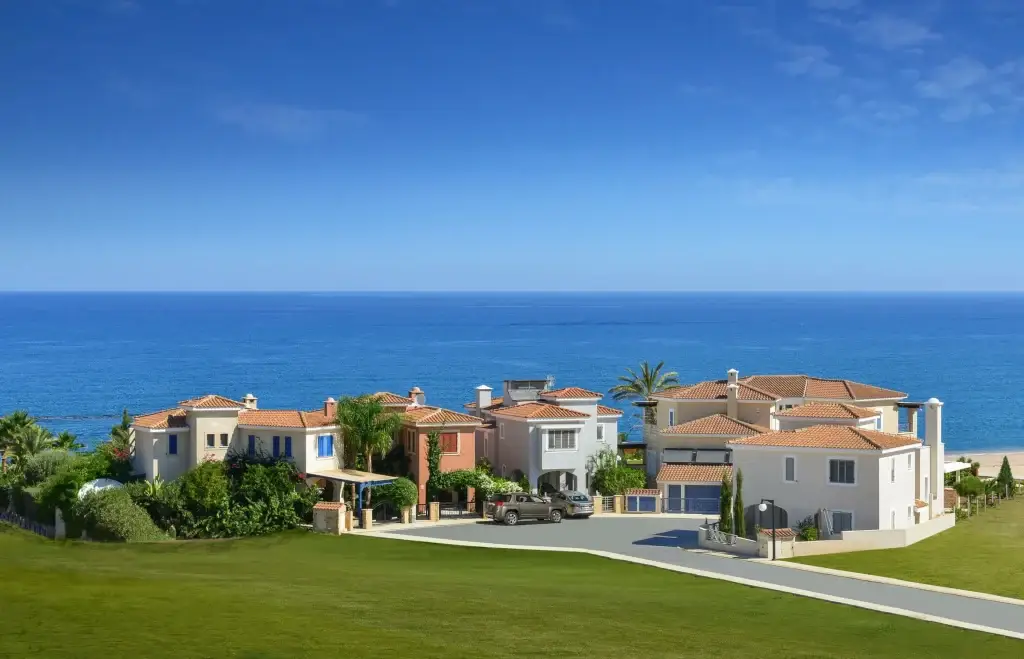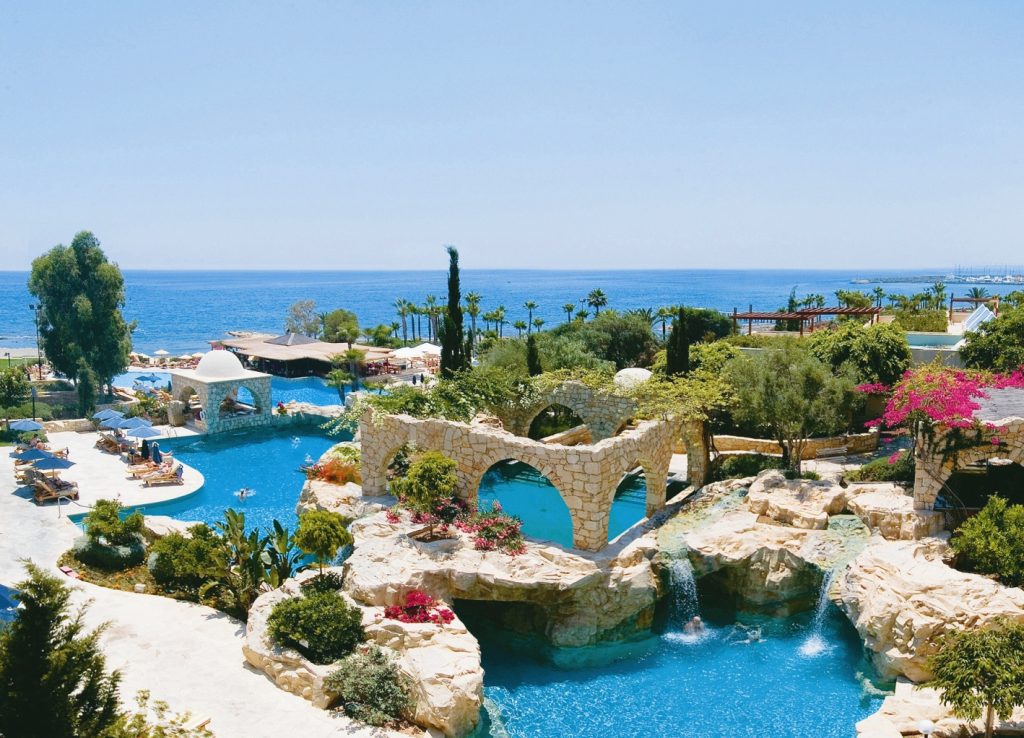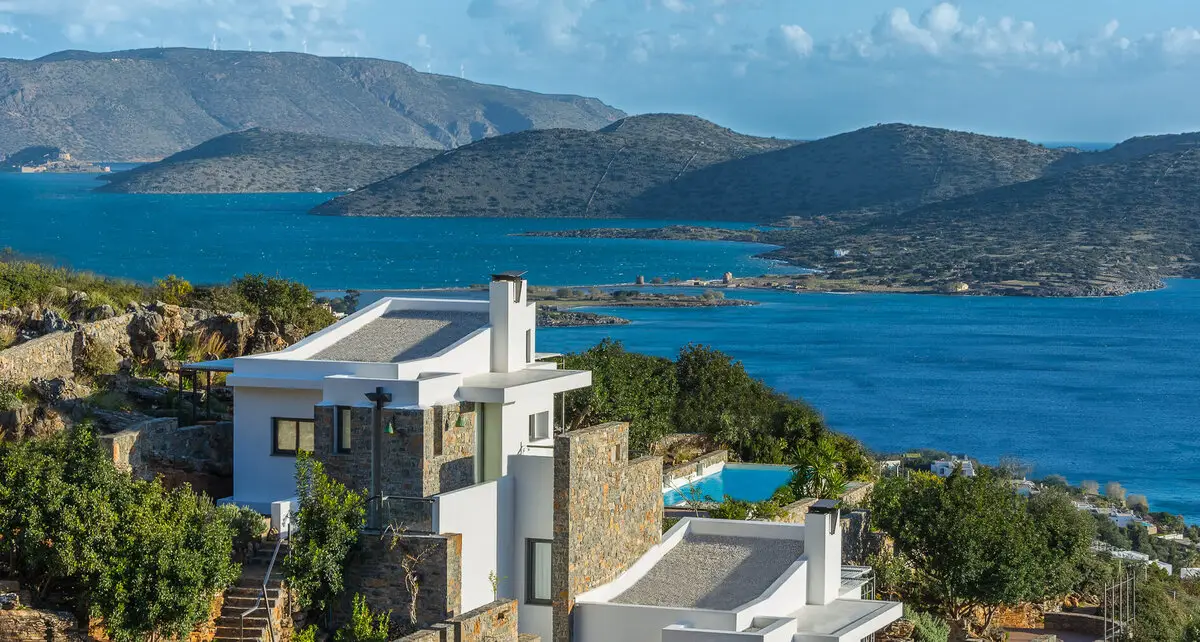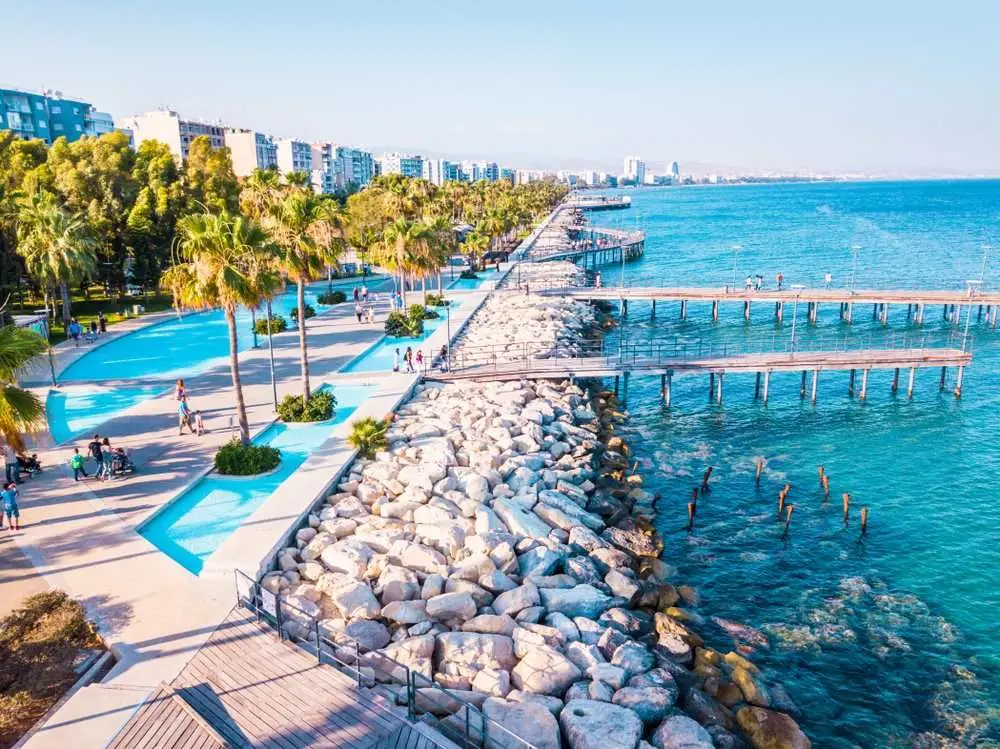Obtaining a Cyprus residence permit for property investment has become one of the most popular ways to ensure security, quality of life and access to Europe for yourself and your family. Among the key advantages of the programme are the minimum investment amount, fast processing of applications and the unique opportunities offered by the Cypriot housing market. This is an opportunity to move to a state with an ideal climate, excellent infrastructure and business prospects.

Ease of process and unique conditions for investors
The system of obtaining Cyprus residence permit for investment is characterised by transparency and accessibility. The minimum investment amount is 300 thousand euros, which makes the programme one of the most attractive in Europe. The government of Cyprus actively supports foreign investors by offering simplified procedures for checking applications. The standard processing time is only two months. Unlike most other countries, Cyprus allows family members, including parents and children under 25 years of age, to be included in the application. This makes the programme particularly attractive for those planning to move with their loved ones.
Thanks to its stable economy and high standard of living, Cyprus has become a point of attraction for investors from all over the world. The ease of paperwork and affordability of housing make this market ideal for long-term investments. The programme covers the purchase of both residential and commercial property, which significantly expands the choice of properties.
Advantages of Cypriot property for investors
Investors are actively choosing sea view villas, cosy apartments in resort areas and promising commercial property in business centres. The Mediterranean climate, developed infrastructure and high quality of construction make Cypriot property one of the most reliable assets. Prices for properties in popular regions such as Limassol, Nicosia and Paphos are steadily increasing by 5-8% annually.
Advantages:
- High level of security: low crime rates make Cyprus a safe place to live and invest.
- World-class infrastructure: modern roads, airports, schools and medical facilities.
- Rising property prices: stable market growth ensures long-term return on investment.
- Tax benefits: low taxes on rental income and minimal property transfer fees.
Limassol attracts investors with its status as a business centre and luxury housing, while Paphos offers a relaxed lifestyle and access to the best beaches in Cyprus. Buying a home in Cyprus for permanent residence is an investment in stability and confidence in the future.
How to get a residence permit in Cyprus for property investment – step-by-step plan
 The process of obtaining a Cyprus residence permit for investment requires strict adherence to a number of procedures. It is important to understand all the steps and comply with local legislation to avoid delays and problems. Thanks to a simplified system and the support of local lawyers, the process is clear and quick, even for those who are new to investing abroad.
The process of obtaining a Cyprus residence permit for investment requires strict adherence to a number of procedures. It is important to understand all the steps and comply with local legislation to avoid delays and problems. Thanks to a simplified system and the support of local lawyers, the process is clear and quick, even for those who are new to investing abroad.
The process of buying a property for permanent residence:
- Property selection: determining the type of property suitable for the programme. It can be a residential or commercial property worth 300 thousand euros or more. Villas on the coast, apartments in the city centre or office premises – the choice depends on the investor’s goals.
- Legal check of the property: before the purchase, an inspection is carried out to ensure that there are no encumbrances and that the transaction is legal. This includes analysing title deeds and researching the history of the property.
- Conclusion of the sales contract: signing the contract and making the prepayment. It is usually required to pay 30-50% of the value of the property at this stage.
- Payment of taxes and duties: stamp duty is 0.15-0.2 per cent and transfer tax is between 3 and 8 per cent. These payments must be made before the transaction is finalised.
- Applying for the programme: collecting the necessary documents, including the purchase and sale agreement, proof of payment and income certificates. The application is submitted to the Migration Department of Cyprus.
- Obtaining a residence permit: the standard processing time is up to two months. After approval, a residence permit certificate is issued.
Conditions for obtaining a residence permit in Cyprus for property investment
The key condition of the programme is a real estate investment of 300 thousand euros or more. But the standards also impose other requirements that must be taken into account to successfully obtain permanent resident status.
Basic requirements for investors:
- The investment amount is 300 thousand euros.
- Source of funds: investors are required to prove the legality of their income. Funds for the purchase of real estate must come from abroad.
- Annual income: a minimum annual income of 30 thousand euros per main applicant must be confirmed. The amount is increased by 5 thousand euros for each additional family member.
- Investment retention: the property must remain in the investor’s possession for at least three years. Selling the property before this period may result in cancellation of the residence permit status.
- No criminal record: the applicant and his/her family members must provide certificates of no criminal record.
Pros and cons of investing in property for permanent residence in Cyprus
One of the key advantages for investors is the tax system of Cyprus. Taxes in Cyprus are significantly lower than in other European countries. For example, the tax on rental income is only 12.5% and on capital gains on the sale of property is 20%. Stamp duty varies from 0.15% to 0.2% of the value of the property. Transfer tax depends on the amount of the transaction and can range from 3% to 8%.
Among the risks are possible changes in legislation and economic volatility. Although the property market in Cyprus is stable, political changes may affect the terms of the programme. Also, the seasonality of the tourist flow can have an impact on rental yields.
To minimise the risks, it is advisable to choose investment properties carefully. Properties in the central areas of Limassol or Paphos are more resistant to market fluctuations and have a high potential for value growth. Acquisition of commercial property in business districts can bring stable income, even if the demand for rental housing temporarily decreases.

Conclusion
 The Cyprus Permanent Residence Programme for property investment is a unique opportunity for those seeking to secure a stable future for themselves and their family, a quality life and access to the European market. Thanks to transparent conditions, fast processing of applications and high quality of properties, Cyprus has become one of the most attractive destinations for investors from Russia and other countries.
The Cyprus Permanent Residence Programme for property investment is a unique opportunity for those seeking to secure a stable future for themselves and their family, a quality life and access to the European market. Thanks to transparent conditions, fast processing of applications and high quality of properties, Cyprus has become one of the most attractive destinations for investors from Russia and other countries.
 en
en  de
de  ar
ar  es
es  nl
nl  hi
hi  fr
fr  it
it  pt
pt  el
el 









